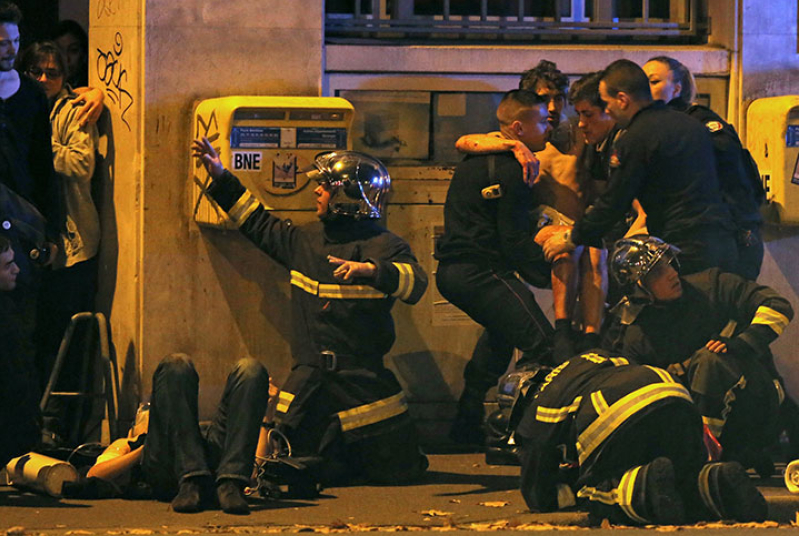

When Lakeisha Holloway plowed her car through crowds of pedestrians on a Las Vegas, Nevada sidewalk, one of the first questions asked by reporters included wanting to know if it was an act of terrorism. While the Sheriff over the investigation has said that he doesn't presently see that as a motive, the Paris and the San Bernardino, California attacks have left people in a great deal of fear about Muslim extremists, ISIS and terror groups.
Britain is another area of the world that has had to deal with a lot of citizens fear in conjunction with terror attacks. In fact, the fear has been so profound that one proposal for overcoming extremism is to issue a law presently dubbed, "Extremism Disruption Orders," or EDOs. Extremism Disruption Orders are pretty much what they sound like: disrupt extremist plans, meetings and actions through a legal means so that those who attempt to use hate and violence to gain some influence or power would be stopped. And it is aimed at Muslim religious extremists for the moment.
The problem with EDOs that is being pointed out by some British leaders is that the wording of the proposed legislation is too vague. It also includes a push to ban those dubbed as extremists from being able to access the internet and television. Interestingly, Colin Heart of The Christian Institute and National Secular Security Executive Director Keith Porteous Wood are in agreement regarding the vagueness of the wording.
They issued a joint statement on the matter which says, "The vital importance of free speech is an issue on which both our organizations have always agreed.
We have previously been able to see off an attempt to make it illegal to be 'annoying' in public. We have prevented prosecutions for mere 'insults' by helping to secure changes to Section 5 of the Public Order Act.
EDOs are as bad as anything we have seen in the past-probably worse. It is another attempt by a government to clamp down on free speech in the guise of combating extremism.
If they are brought in, the writing may be on the wall for free speech in this country."
So not only could EDOs be enforced with extremist threats, but they could also be used to silence Christian leaders and their followers in connection with speaking out on such controversial issues as same-sex marriage and abortion. Both of these have already been put before the UN by supporters as items that ought to be protected via an international treaty. Those who have been in communications with the UN about this want it to be considered "a form of torture" when any country proposes legislation that speaks against same-sex marriage or abortion.
Heart confirms that "Law-abiding citizens, such as Christians, could be caught by the vague definitions of extremism that get bandied about when ministers are trying to talk tough.
Broad-brush counter extremism policies catch ordinary citizens and are a waste of resources. They do not make us safer. They make us less safe by distracting the authorities from focusing on genuine threats."
In a move not very distant from the concept behind EDOs, Obama issued Executive Order 13528 back in January of 2010, which states that a council of ten governors appointed by Obama would act in conjunction with Federal and State governments to protect US citizens from, "all types of hazards."
A similar but slightly more detailed Executive Order was issued in 2013 via a means to avoid Republican Congressional opposition that would have taken place had it been proposed in the form of a bill. This Executive Order was more specifically aimed at selecting ten appointed governors, mayors, county officials and tribal leaders to function with the Federal and State governments in the event of hazards stemming from incidences of severe weather due to climate change.






